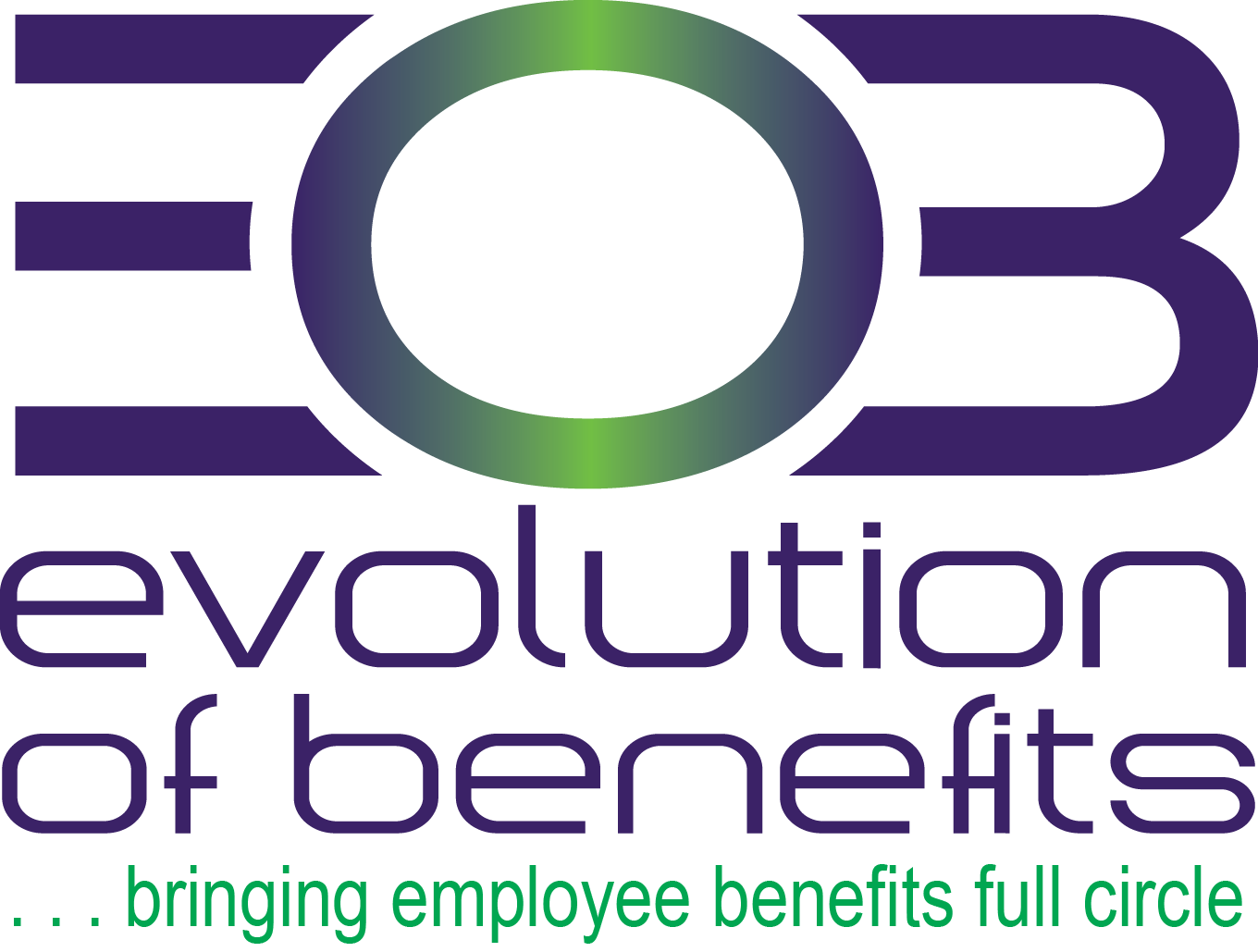Compliance Overview – Spousal Incentive HRAs

Spousal incentive health reimbursement arrangements (HRAs) are a type of tax-advantaged medical reimbursement account that employers use as a cost-savings strategy. A spousal incentive HRA works like a traditional HRA in many respects, but it is only available to employees who enroll in health coverage through a spouse’s employer. By reimbursing employees on a tax-free basis for their eligible out-of-pocket expenses under a spouse’s health plan, this type of HRA incentivizes employees to enroll in health coverage through their spouse’s employer instead of their own employer.
Compliance Bulletin – 2024 Midyear Employment Law Compliance Trends

Throughout 2024, there have been significant changes in employment law at the federal, state and local levels. A review of recent and proposed legislation reveals a number of emerging trends that will affect employers for the remainder of the year.Employers should ensure that they are apprised of significant legal developments and are either in compliance or prepared to comply with their requirements.
The midyear point is a great time for employers to evaluate their compliance with recent and upcoming employment laws.Understanding and responding to these trends will be essential for employers’ success for the remainder of 2024 and beyond.
Compliance Overview – Using HSAs, Health FSAs and HRAs for Over-the-Counter Items

Health savings accounts (HSAs), health flexible spending accounts (FSAs) and health reimbursement arrangements (HRAs) may provide tax-free reimbursements of certain over-the-counter (OTC) items. OTC items are generally available to consumers without a prescription.
To be reimbursable, an OTC item must be for “medical care,” as defined under Internal Revenue Code (Code) Section 213(d). Medical care expenses are amounts paid for the diagnosis, cure, mitigation, treatment or prevention of disease, or for the purpose of affecting a structure or function of the body.
Compliance Bulletin – Coverage of Gender-affirming Care: Employer Considerations

In Lange v. Houston County, the 11th Circuit Court of Appeals ruled that it was a violation of Title VII of the Civil Rights Act of 1964 (Title VII) for an employer to deny coverage for gender-affirming care. Specifically, the court held that the exclusion constituted discrimination on the basis of sex in violation of Title VII because transgender persons are the only plan participants who would seek or qualify for gender-affirming surgery.
The decision comes on the heels of the issuance of final rules under Section 1557 of the Affordable Care Act, which prohibits discrimination in certain health programs and activities. The final rules, which are currently being challenged in court, explicitly clarify that sex discrimination includes discrimination based on gender identity.
Compliance Overview – Using Affordability Safe Harbors to avoid ACA Penalties

The Affordable Care Act (ACA) requires applicable large employers (ALEs) to offer affordable, minimum-value health coverage to their full-time employees (and dependents) or risk paying a penalty to the IRS. This employer mandate is also known as the“pay-or-play” rules. An ALE is an employer with at least 50 full-time employees, including full-time equivalent employees,during the preceding calendar year.
Because an employer generally will not know an employee’s household income, the IRS has provided three optional safe harbors that ALEs may use to determine affordability based on information that is available to them: the Form W-2 safe harbor, the rate-of-pay safe harbor and the federal poverty line (FPL) safe harbor
Compliance Tracker – July

Upcoming Compliance Dates:
A | Final Deadline for EEO-1 Data Collection – July 9, 2024
Private-sector employers with 100 or more employees and certain federal contractors must file EEO-1 reports with the Equal Employment Opportunity Commission (EEOC) each year. No additional reports for 2023 will be accepted by the EEOC after July 9, 2024.
B | Regular Deadline for Filing Form 5500 (Calendar-year Plans Only) – July 31, 2024
Employers with ERISA-covered employee benefit plans that operate on a calendar year must file Form 5500 for the 2023 plan year by July 31, 2024, unless an extension is requested or a reporting exemption applies.
C | Deadline for Paying PCORI Fees(Self-insured Plans Only) – July 31, 2024
Employers with self-insured health plans must report and pay fees to fund the Patient-Centered Outcomes Research Institute (PCORI) by July 31, 2024.
Compliance Bulletin – Preparing for the Corporate Transparency Act

The Corporate Transparency Act (CTA), which became effective Jan. 1, 2024, requires certain business entities, or CTA“reporting companies,” to report their beneficial ownership information (BOI) and certain related information to the U.S.Department of the Treasury’s Financial Crimes Enforcement Network (FinCEN).
The CTA aims to combat illicit financial activity, including money laundering, the financing of terrorism, tax fraud and drug trafficking, by creating a centralized database of information about the individuals who ultimately own or control certain businesses that do business in the United States. The CTA generally targets small, privately held businesses and exempts many organizations from its requirements, including large employers and publicly held companies.
Compliance Bulletin – Form 5500 Is Due by July 31 for Calendar Year Plans

Each year, employers must file an annual report with the Department of Labor (DOL) for their ERISA covered employee benefit plans, unless a filing exemption applies. The annual reporting obligation is generally satisfied by filing the Form 5500 “Annual Return/Report of Employee Benefit Plan,” including all required schedules and attachments. The Form 5500, including required schedules and attachments, must be filed electronically using the DOL’s EFAST2 electronic filing system.
The Form 5500 must be filed by the last day of the seventh month following the end of the plan year unless an extension applies. For calendar year plans, the deadline is normally July 31 of the following year. An employer may request a one-time extension of 2.5 months by filing IRS Form 5558 by the normal due date of the Form 5500. If the Form 5558 is filed on or before the normal due date of the Form 5500 or 5500-SF, the extension is automatically granted.
Compliance Bulletin – How the DOL’s New Overtime Rule Could Impact Employee Benefits

A recent U.S. Department of Labor (DOL) final rule increases the salary thresholds used to determine whether executive, administrative and professional (EAP) employees are exempt from overtime pay under federal law. While the increased thresholds are likely to result in a significant number of employees who were previously exempt now qualifying for overtime pay, employers must also consider how the increased thresholds may indirectly affect their benefit offerings.
Compliance Tracker – June

Upcoming Compliance Dates:
A | Deadline for RxDC Reporting – June 1, 2024
Group health plans must annually submit detailed information on prescription drug and health care spending to the federal government.
B | Deadline EEO-1 Reporting – June 4, 2024
Private-sector employers with 100 or more employees and federal contractors with 50 or more employees meeting certain criteria must submit demographic workforce data to the EEOC each year as part of the EEO-1 data collection.




















